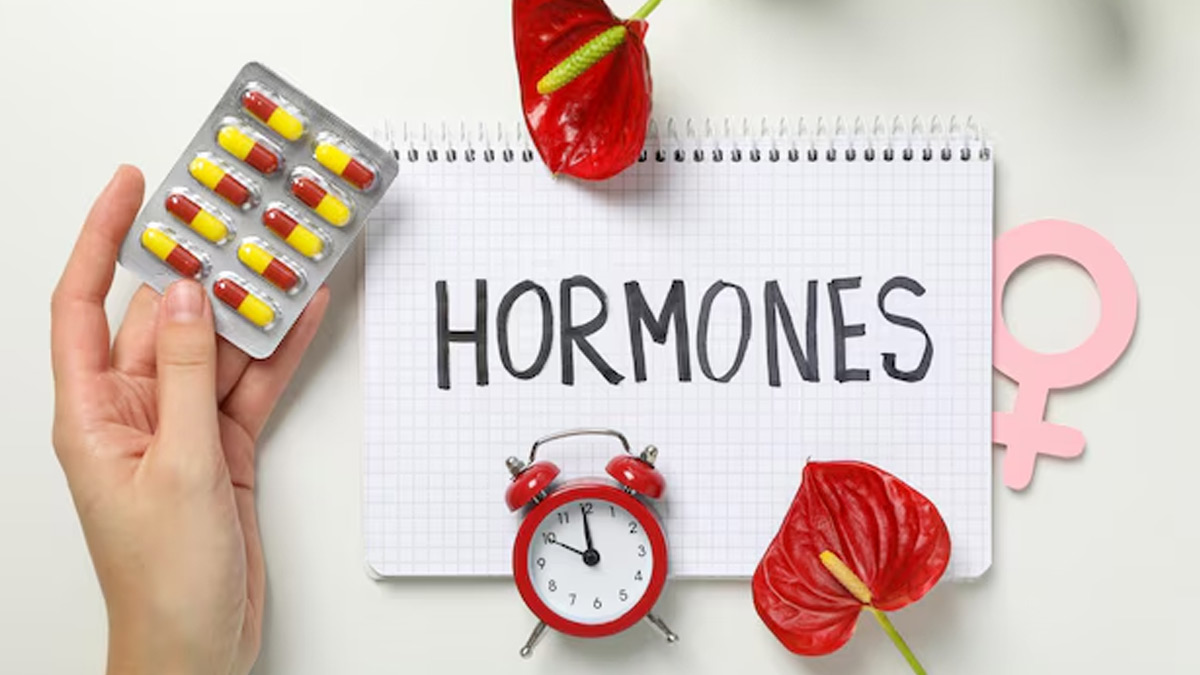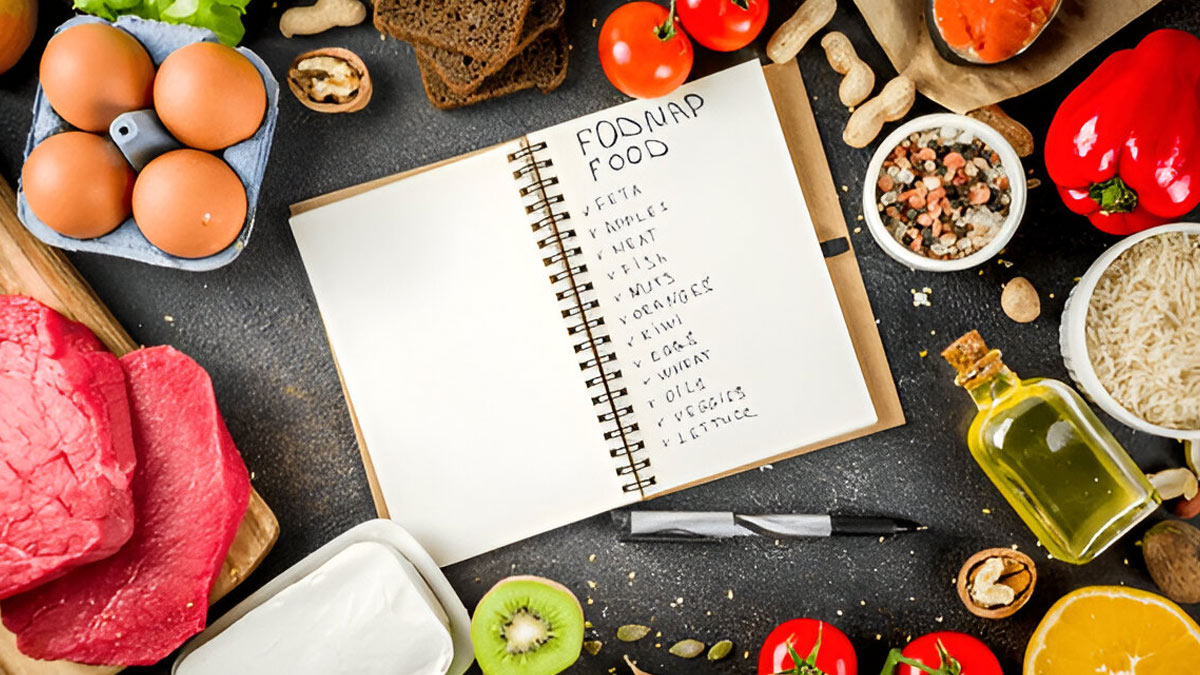
That heavy, stretched feeling after a meal, the so-called ‘food baby,’ is usually blamed on junk food consumption or a boozy weekend. For an increasing number of women in their 30s, it is no longer occasional. Bloating has become a frequent, sometimes daily, complaint: uncomfortable, embarrassing, and stubbornly resistant to simple fixes. Epidemiology shows that bloating is common and disproportionately reported by women, and it often sits at the crossroads of hormones, diet, and stress.
Table of Content:-
We spoke to Dr Sowmya KN, Consultant - Obstetrician and Gynaecologist, Gleneagles BGS Hospital, Bengaluru, who shared insights on the same and management tips.
Why Women in Their 30s Are Complaining Of Food Baby Syndrome?
Hormones Change the Rules

“Ovarian hormones, oestrogen and progesterone, influence gut motility, sensitivity, and even fluid handling. Progesterone, which rises in the luteal phase and in some hormonal contraceptive states, slows intestinal transit and can produce constipation, trapped gas, and a sensation of fullness,” said Dr Sowmya.
Conversely, the hormone shifts around menstruation and perimenopause commonly coincide with worse gut symptoms for many women. These cyclical effects mean that bloating may track the calendar as much as it tracks what’s on the plate.
PCOS and Metabolic Overlap
Polycystic Ovary Syndrome (PCOS) deserves special mention.” Beyond menstrual irregularities and metabolic issues, PCOS is linked with a higher prevalence of irritable bowel symptoms, including bloating. Insulin resistance, altered gut microbes, and the medications used to treat PCOS can all contribute to post-meal distension. In short, reproductive-endocrine disorders often have digestive footprints,” added Dr Sowmya.
According to a 2024 study, women with PCOS are more likely to encounter gastrointestinal issues, including irritable bowel syndrome (IBS). A recent meta-analysis revealed that the risk of IBS in women with PCOS is twice as high as compared to the control group.
Also Read: Acidity Vs Bloating: How To Tell The Difference And What To Eat For Each
Stress, Hurried Eating, and the Gut–Brain Loop

Modern life is not kind to the digestive system. Meals eaten standing up, swallowed quickly between meetings, or consumed under stress are more likely to cause gas and bloating. The gut-brain axis, which is the two-way signalling between the central nervous system and the enteric nervous system, amplifies this: anxiety and chronic stress change gut motility, pain perception, and microbial balance, producing real, measurable symptoms. Mindless eating and a nervous gut make a combustible pair.
Hidden Intolerances and Bacterial Problems
“Dietary culprits are often the obvious suspects: lactose, fructose, and fermentable carbohydrates (FODMAPs) commonly trigger gas and distension because they are poorly absorbed and fermented by bacteria. Small Intestinal Bacterial Overgrowth (SIBO) is another under-recognised cause; when bacteria colonise the small bowel, they produce excess gas and bloating after meals,” explained Dr Sowmya.
According to StatPearls, Irritable bowel syndrome, disorders of intestinal motility, and chronic pancreatitis are the leading causes of SIBO, responsible for 80-90% of cases. SIBO is more commonly observed in women and older adults.
Testing and directed management, not blanket elimination diets, are the sensible routes here. Evidence supports targeted low-FODMAP strategies for people with functional bloating and IBS, but these should be implemented with professional guidance to avoid unnecessary long-term restriction.
Also Read: What to Eat When You Wake Up Bloated: No Tea, Just Real Food
A Pragmatic Clinical Approach

Start with patterns
Timing (how soon after a meal), consistency (every meal or only certain foods), relation to the menstrual cycle, and associated features (weight loss, blood in stool, fever, severe pain).
Journal It
A food diary kept across at least two weeks that also records bowel habits and cycle phase is often more revealing than a single clinic visit.
Health Testing
Basic tests, such as coeliac serology, a full blood count, inflammatory markers, and thyroid function, exclude common red flags. Where indicated, breath testing for SIBO, hydrogen/methane measures, or referral for gastroenterology assessment are the next steps.
Management that Works and What to Avoid)
- Short-term relief often follows simple measures: smaller, slower meals; cutting down fizzy drinks; increasing soluble fibre gradually; and ensuring regular physical activity.
- When diet is implicated, a structured low-FODMAP elimination under a dietitian’s supervision commonly reduces bloating; reintroduction and liberalisation follow as soon as symptoms stabilise to restore dietary variety and microbiome health.
- Addressing stress through paced breathing, sleep optimisation and, when needed, cognitive behavioural approaches helps because the gut and brain respond together.
- Medication has a role for identified causes (prokinetics for slow transit, antibiotics for confirmed SIBO, or targeted therapy for reflux), but should be chosen after diagnosis, not as blind symptom suppression.
When to Raise Concern
Immediate reassessment is warranted for unexplained weight loss, persistent vomiting, blood in stools, fever, or severe focal pain. New-onset, disabling bloating that does not respond to initial changes, or symptoms that are rapidly progressive deserve prompt specialist input.
Bottomline
Dr Sowmya concluded, “Bloating in the 30s is a layered problem, involving hormones, microbiome, diet, and stress, each writing a piece of the story. Finding relief depends on listening to the pattern, testing thoughtfully, and using targeted, reversible measures rather than one-size-fits-all fixes. In many cases, modest, sustained changes to food, timing, and stress management restore comfort, and restore confidence around food.”
[Disclaimer: This article contains information provided by an expert and is for informational purposes only. Hence, we advise you to consult your professional if you are dealing with any health issue to avoid complications.]
Also watch this video
How we keep this article up to date:
We work with experts and keep a close eye on the latest in health and wellness. Whenever there is a new research or helpful information, we update our articles with accurate and useful advice.
Current Version